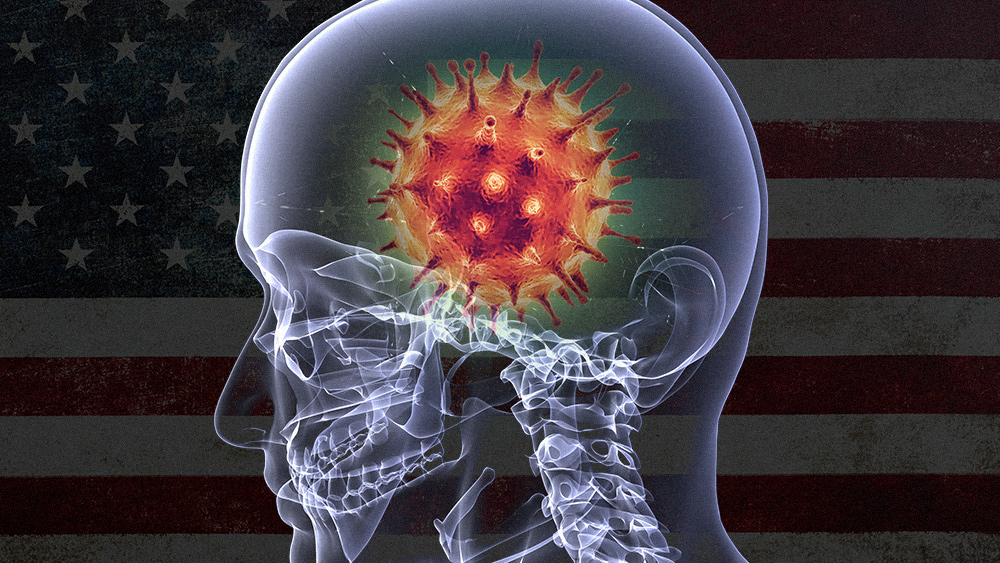
Scientists have been looking into the connection between the widespread magnesium deficiency seen in the U.S. and the rise in problems like Alzheimer’s. Most Alzheimer’s patients exhibit lower levels of serum and brain magnesium. With around 50 million Americans believed to be magnesium deficient and more than 16 million older Americans suffering from cognitive impairment, there is the potential to help a lot of people by exploring this connection.
A study published in the Journal of Alzheimer’s Disease showed that magnesium can enhance cognitive function in humans while reducing impairment. In the study, a group of adults between the ages of 50 and 70 who were experiencing memory loss were divided into groups, with some taking magnesium supplements and others taking a placebo.
The group who took magnesium noted significant improvements in their cognitive function. Study lead author Dr. Guosong Liu said this is because magnesium raises the density of brain synapses while also enhancing and restoring cognitive abilities.
Studies in animals have yielded similar results. In one study, magnesium sulfate injections led to significant improvements in synaptic efficacy and prevented learning and memory impairments in rats who had Alzheimer’s disease. This led the researchers of one such study, which was published in PLoS One, to suggest that magnesium treatment during the earlier stages of Alzheimer’s could protect from cognitive impairment.
Magnesium has also been shown to help lift people’s mood and alleviate anxiety, making it a great natural stress management aid. Conversely, magnesium deficiencies have been linked to a higher incidence of anxiety and depression.
It’s also worth noting that high levels of aluminum in the neurons in the brain have been linked to Alzheimer’s disease; magnesium helps remove aluminum and other heavy metals from your body. This could be yet another way in which magnesium can help improve brain health.
Addressing magnesium deficiencies for brain health
What is behind the widespread magnesium deficiencies in the first place? Not getting enough from the diet is only part of the story. We also naturally lose magnesium as part of the aging process. On top of that, many people consume a lot of coffee and other caffeinated beverages, which can drain your body of needed magnesium.
Even if you are eating foods that are typically rich in magnesium, modern crops tend to be grown in soil that has been largely depleted of magnesium. Throw environmental toxins and the fluoride found in drinking water into the mix, and it’s easy to see how vulnerable we are.
The current recommended daily amount of magnesium for adults is somewhere between 320 and 420 milligrams per day, but the average intake is roughly just 250 milligrams per day in the U.S. It’s a problem that isn’t confined to America; magnesium deficiency is the second most prevalent nutritional deficiency around the world.
If you want to protect your brain by increasing your magnesium intake, you can turn to organic foods like leafy green vegetables, dark chocolate, cocoa, pumpkin seeds, sunflower seeds, cashews and almonds. However, as previously mentioned, when these foods are grown in soil that has been depleted of magnesium, they may not offer much of this vital mineral as you expect. Therefore, many people opt to use magnesium supplements to ensure sufficient intake.
Sources for this article include:
Please contact us for more information.






















